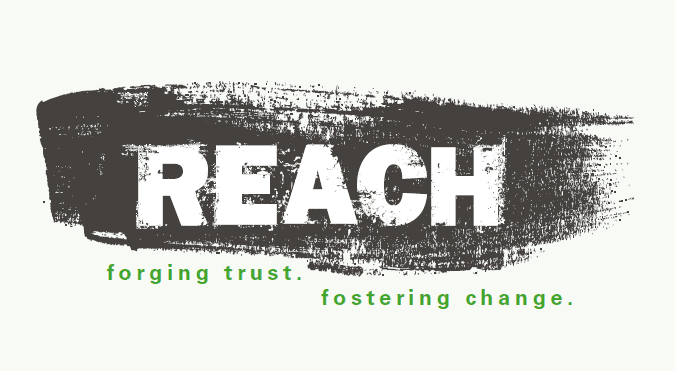
By Sara Veltkamp, Minerva Strategies —
Seattle is on the cutting-edge of social justice and human rights policies. We have a $15 minimum wage in Sea-Tac (and coming for Seattle proper), a strong advocacy community for LGBT rights, and numerous dynamic city programs for tackling difficult public health and safety issues like drug abuse, prostitution, and human trafficking.
One such program, Seattle’s Law Enforcement Assisted Diversion (LEAD), is revolutionizing the way Seattle law enforcement handles low-level drug offenses. Beginning in October 2011, LEAD brings together a wide array of local groups including Minerva client REACH, the Defender’s Association, the Seattle Police Department, Washington Department of Corrections, Seattle’s City Council, and others.
Repeated cycles of arrest and incarceration neither improve public safety nor help people committing low-level crimes – most emerge from jail more troubled, less trusting, and likely to be rearrested. LEAD offers a new and promising approach that allows people to break the incarceration cycle by treating the underlying social issues: homelessness and addiction. Instead of jail time, LEAD offers intensive case management and services.
REACH provides trained case managers, chemical dependency counselors, and infrastructure for LEAD’s case management. Since 1996, REACH has worked to improve the quality of life for people struggling with homelessness and addiction in downtown Seattle. They believe that all people deserve care and connections to housing, healthcare, education, and job assistance. To this end, the REACH team meets people where they are, taking their work to the streets to provide assistance without conditions.
This past week, the University of Washington released its report on the first-round evaluation of the LEAD program. The evaluation found unprecedented success for lowered levels of recidivism, or rearrest, for the 203 people who received LEAD services, compared to the 115 people who did not. Those who received LEAD were 60 percent less likely to be rearrested than those who underwent the more expensive traditional cycle of arrest, prosecution, and incarceration.
This positive evaluation came with a wave of positive national and local media coverage including pieces in the Washington Post, the Seattle Times, on KUOW, and others.
The program’s success is due in large part to the harm reduction approach fostered by the REACH case managers who work with LEAD clients. REACH is radical in their lack of conditions; their clients do not have to maintain sobriety, attend classes, or keep appointments as a requirement for receiving services. They believe that homelessness often results from systemic discrimination and addiction is a chronic medical condition that should be treated with care and understanding, not judgement or punishment.
While seemingly counter-intuitive to those familiar with traditional law enforcement policies toward drug abuse and prostitution, the LEAD evaluation proves that this approach works where traditional policies that criminalize low-level drug use have failed. Additional evaluations of LEAD are due out this year, and the program has strong potential to be a model for other American cities.